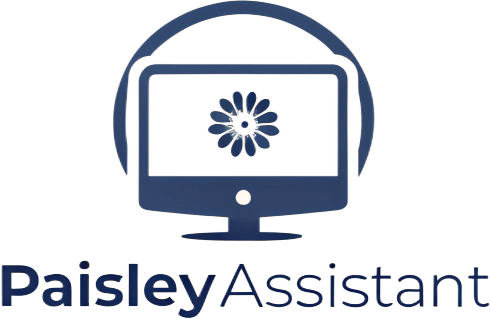Practical Applications of Code Collaboration Platforms in Modern Development
Code collaboration platforms are at the heart of modern software development, enabling teams to work together more efficiently and effectively. One of the most practical applications of these platforms is in the management of open-source projects. Platforms like GitHub have transformed how open-source communities collaborate, allowing contributors from around the world to submit changes, report issues, and improve projects continuously.
In corporate settings, these platforms are crucial for maintaining a centralized codebase where multiple developers can work simultaneously without stepping on each other’s toes. By utilizing branching and merging features, developers can experiment with new features and fixes in isolation, merging them back into the main codebase only when they are ready and tested.
Educational institutions also benefit from these platforms. They offer students hands-on experience with tools that are widely used in the industry, preparing them for real-world software development challenges. Additionally, the collaborative nature of these platforms fosters teamwork and communication skills, which are essential in any professional environment.
Furthermore, remote work has seen a significant boost from code collaboration platforms. As more teams work from different locations, these tools provide the necessary infrastructure to ensure seamless collaboration. Features like integrated chat, video calls, and file sharing have made it easier for remote teams to maintain the same level of interaction as they would in an office setting.
In conclusion, the practical applications of code collaboration platforms are vast and varied, impacting everything from open-source contributions to remote work efficiency. By embracing these tools, teams can enhance their development processes and produce higher quality software more rapidly.

